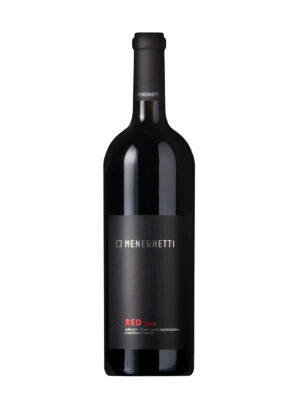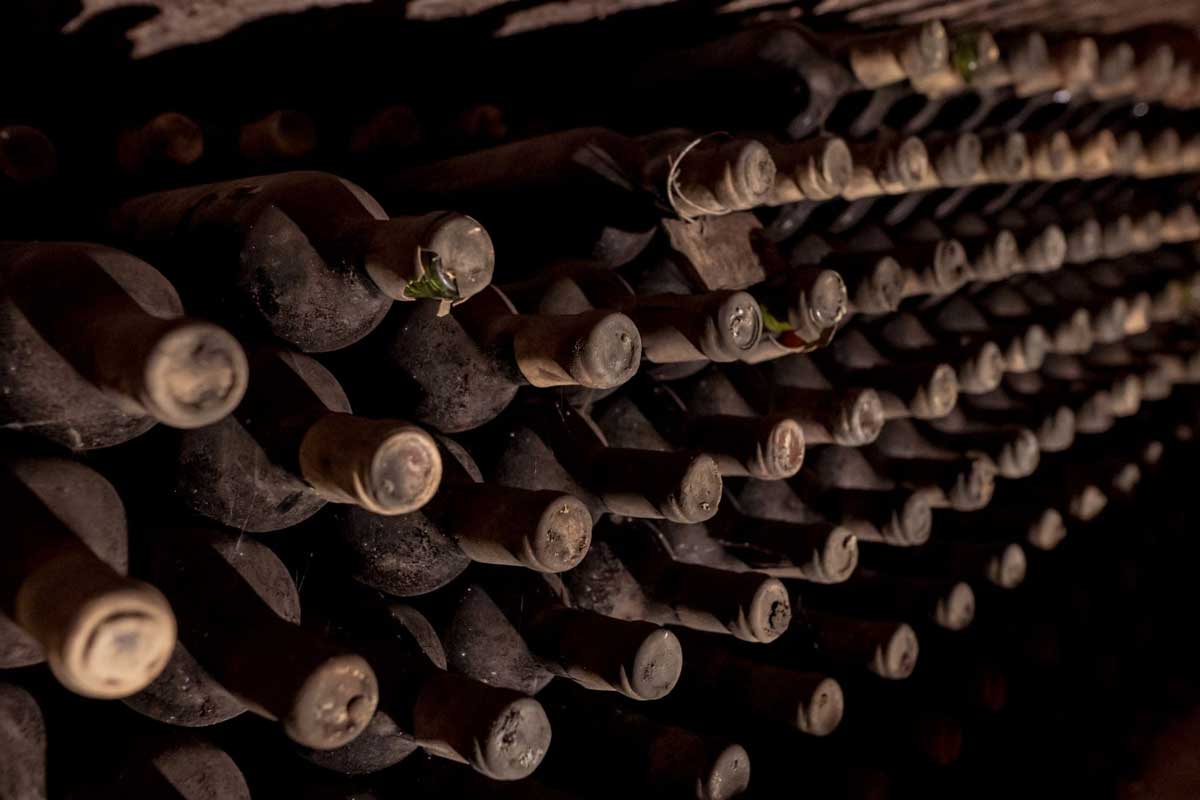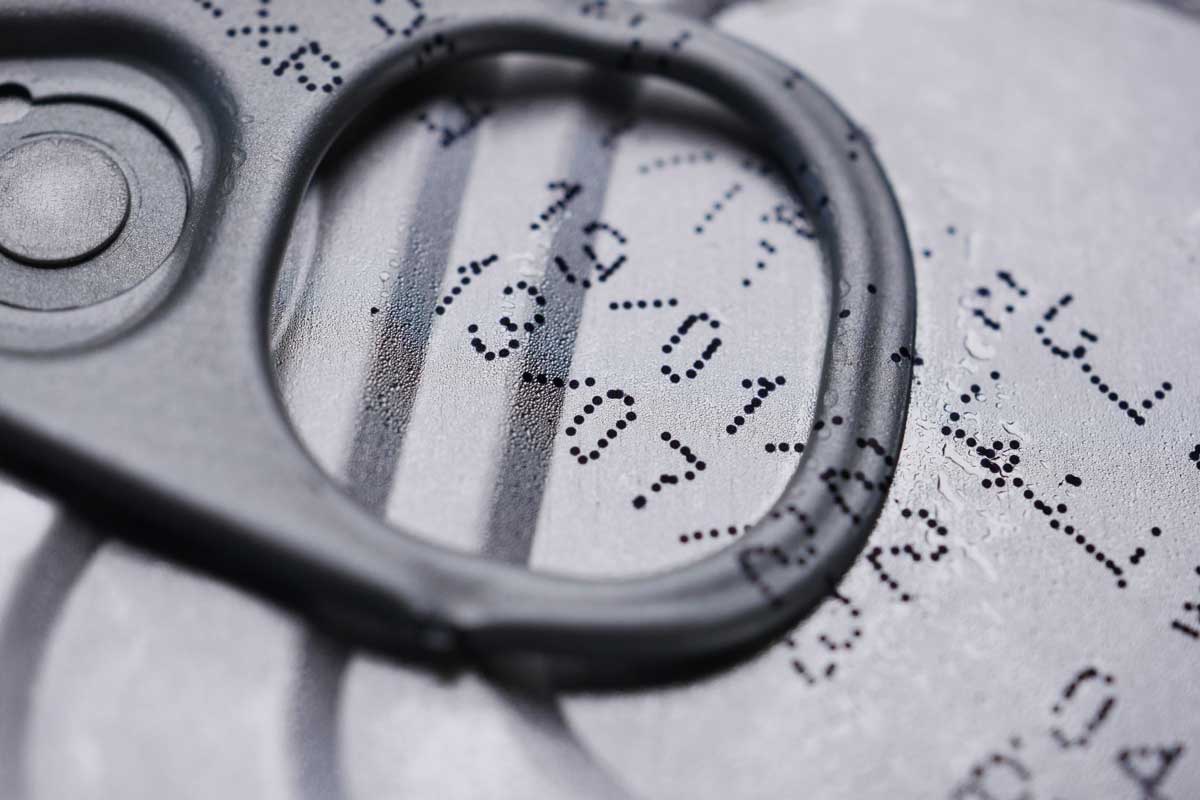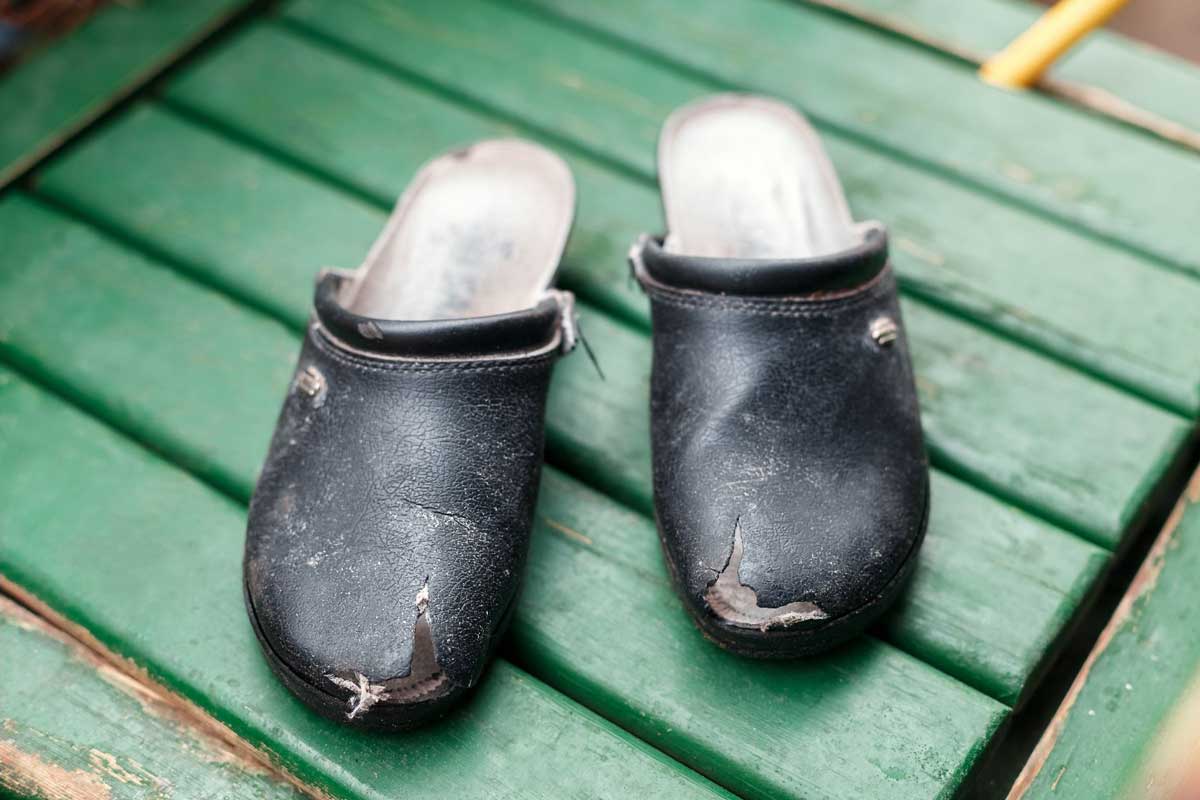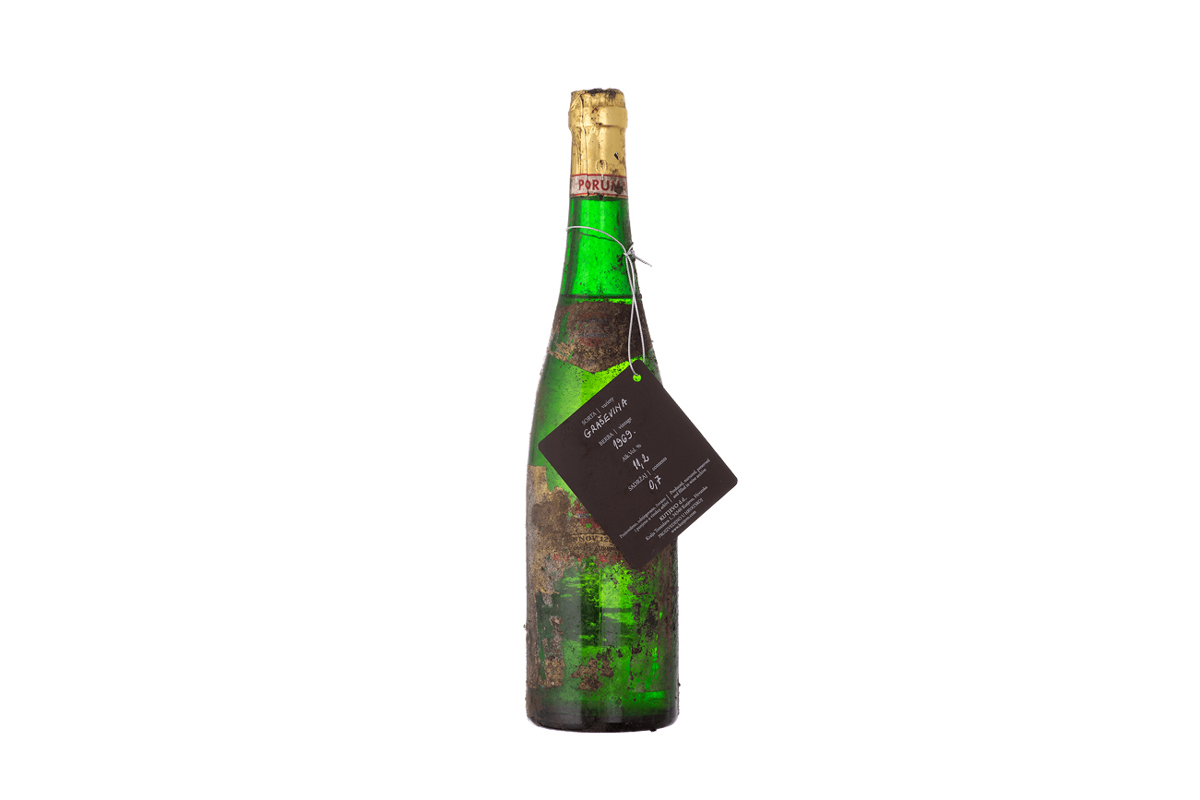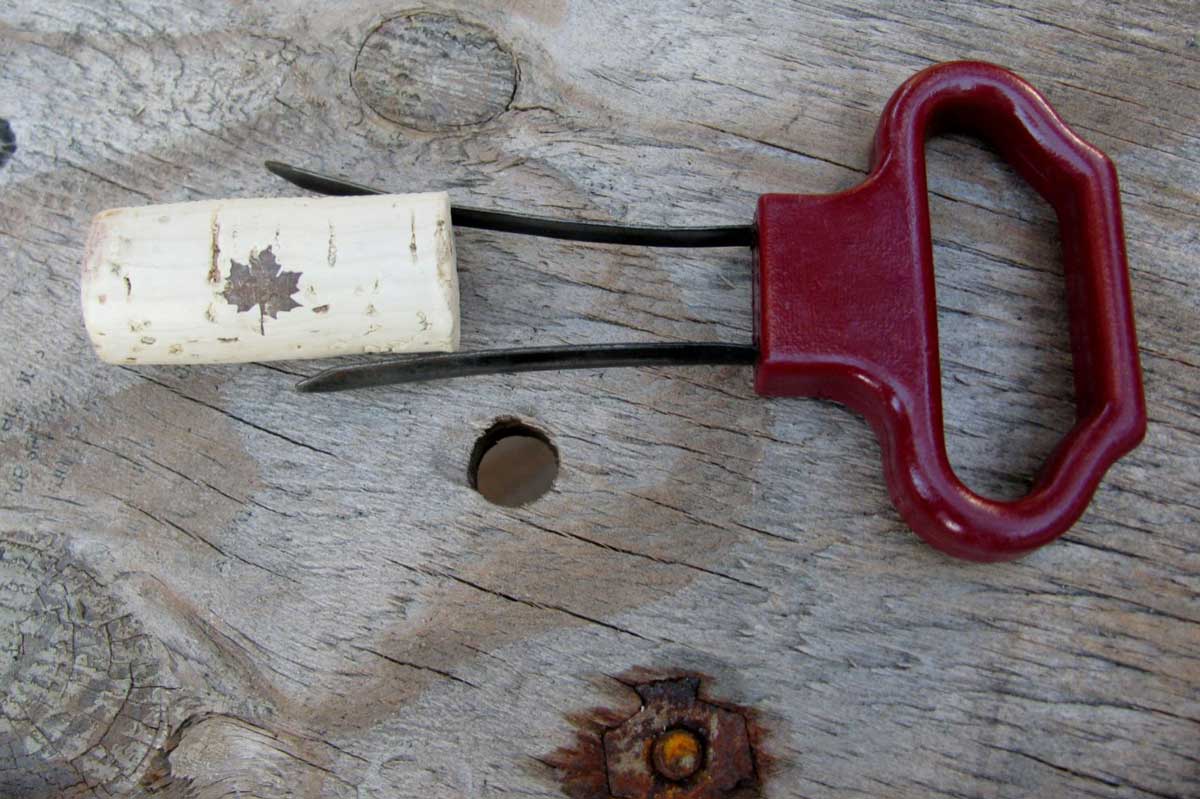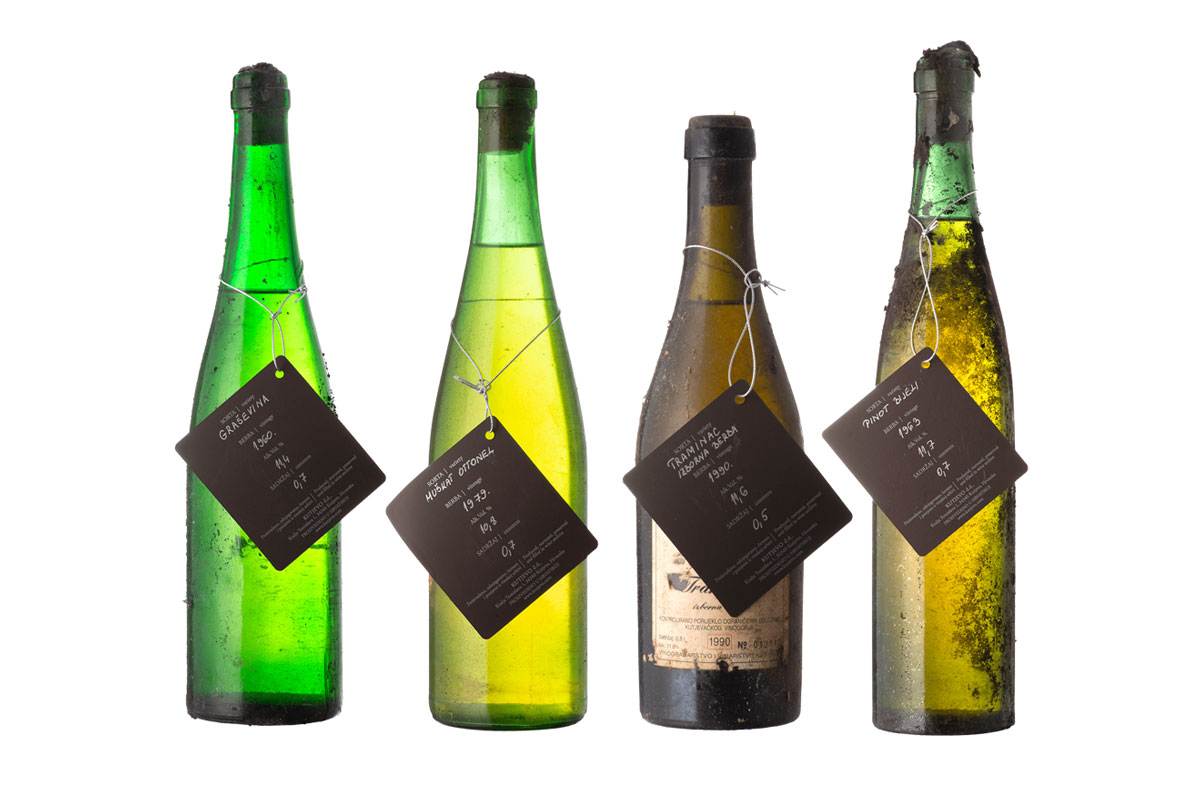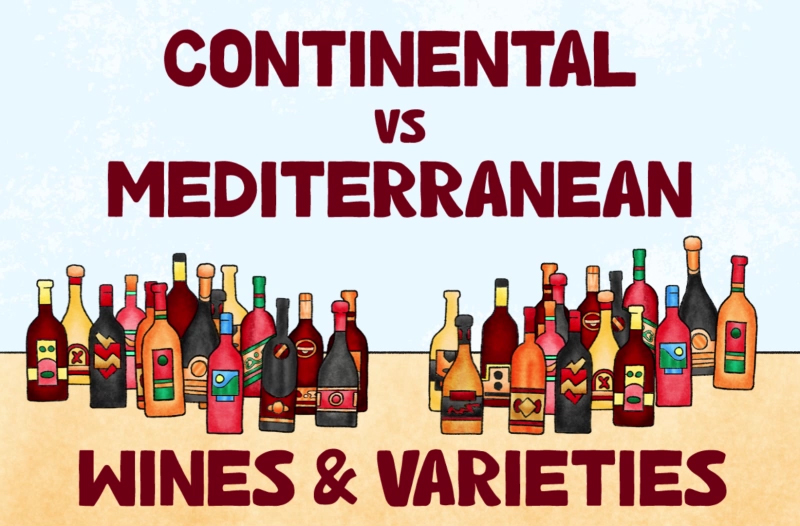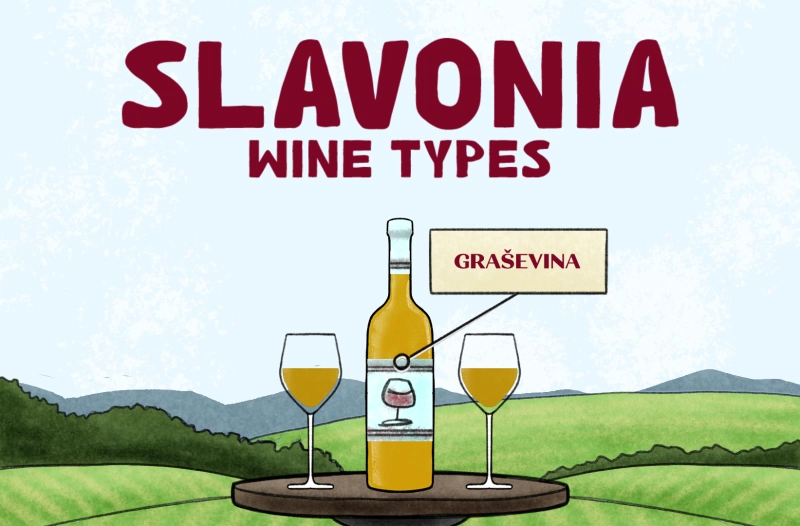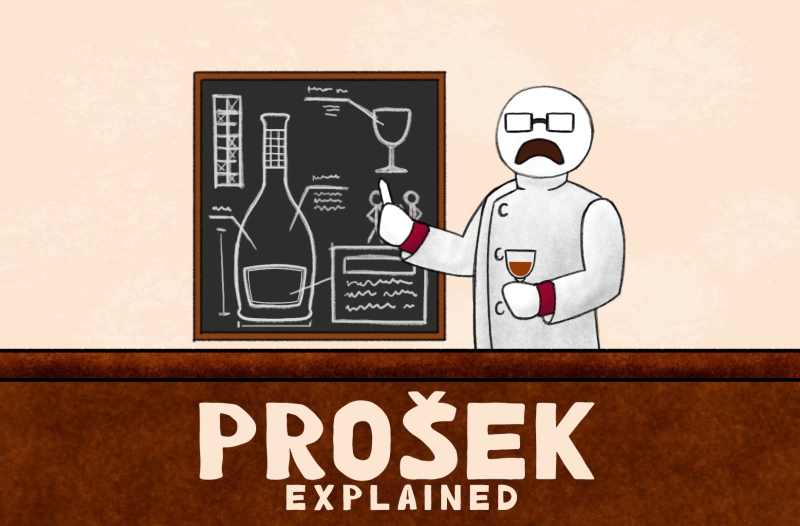Archive Wines – Comprehensive Guide
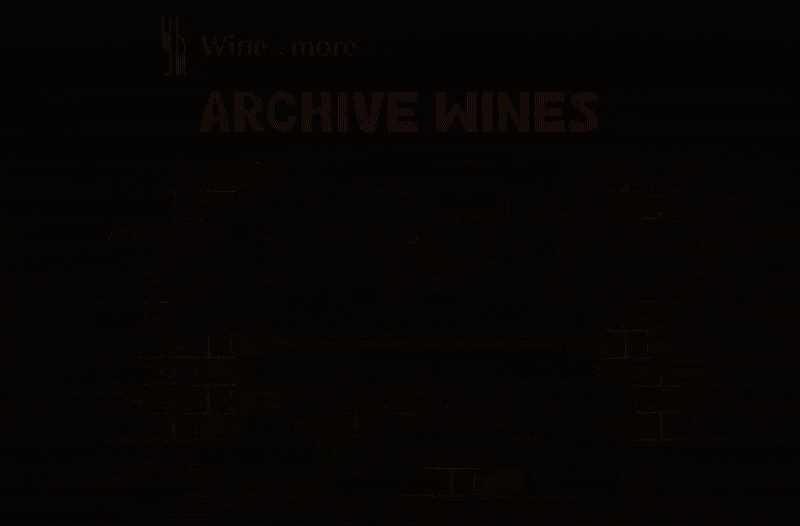
Understanding Archive Wines: A Glimpse into History and Craftsmanship
Archive Wines, often called “cellar wines,” are not just ordinary bottles of fermented grape juice; they are the pinnacle of winemaking excellence. These wines are meticulously crafted and carefully stored for years, allowing them to mature gracefully. The result is a symphony of flavours, aromas, and textures that dance harmoniously on the palate.
What is Archive Wine?
Archive Wines, also known as “cellar wines”, are wines crafted and aged in ideal cellar conditions. These conditions should be met for a wine to be called Archive Wine:
- Built to last – There is no point in putting an ordinary, everyday, simple wine to age. Only a relatively small number of wines can have a significant ageing period. Translated, this means only a few wines will develop in bottles with time. From the vineyard to the cellar, an archive Wine was built to spend time in ideal conditions. Furthermore, they usually represent a particular, ideal vintage when growing conditions are perfect for creating a potential Archive wine.
- There should be a wine archive – Not just any matured wine is necessarily an archive wine. Even if it’s the right kind of bottle, in terms of ageing capability, and even if it’s 50 years old, it is not an archive wine unless it was stored in proper conditions, usually in the official archive of the winery.
So, what truly sets Archive Wines apart is the extended ageing process they undergo, but also the conditions it was kept in.
These wines are often sought after by collectors, enthusiasts, and those who appreciate the finer aspects of wine appreciation. They are a testament to the craftsmanship and dedication of winemakers who pour their passion into creating wines that stand the test of time.
Does Wine Expire?
In simple terms, wine doesn’t exactly “expire” like most food. Even if wine spoils, most of the wine spoils are harmless for human consumption. However, wine can change over time and may not taste as good as it did when it was younger. Some wines improve with age, while others are best enjoyed relatively young.
So, while wine has no fixed expiration date, it’s essential to know when a particular wine is at its best for drinking.
Archive wine, for instance, challenges the traditional notion of wine “expiration” even further.
But do not expect a wine that reminds you of a regular Chardonnay from the nearest shelf. As Archive Wines age, chemical reactions occur within the bottle. Tannins, which can sometimes taste bitter in young wines, gradually bind together and mellow out. Acids in the wine also play a role, providing a backbone of freshness that can counterbalance the wine’s evolving flavours.
Moreover, archive wines develop tertiary aromas and flavours during the ageing process. These more nuanced and complex notes emerge beyond the primary fruit characteristics. This is one of the reasons to cellar wine in the first place.
Young wines are easy to find. Archive wines are a true rarity. These wines are a living testament to the fact that, when crafted with precision and aged with care, wine can withstand the passage of time and flourish and delight long after its creation.
Can Wine Be Out of Date?
In many instances, wine can be out of date. Wine doesn’t exactly go out of date like food does. While most wines are best enjoyed within a specific timeframe, some wines, known as Archive Wines, actually improve with age. These wines are crafted to age gracefully, gaining complexity and depth over time. So, while wine doesn’t have a fixed expiration date, it’s essential to know when a particular wine is at its peak for drinking.
If you miss that peak, you might find yourself with a wine on its downfall, past its prime, declining on its life curve… This, too, can be very exciting to many experienced wine lovers. After all, you don’t open a bottle of 1929 Cheval Blanc every day. Sure, it’s past prime, but it’s an experience nevertheless. To many, it is more exhilarating when past prime, especially in the case of a miraculously preserved bottle.
But such wines are an exception, so to answer whether wine can be out of date, we must honestly admit that the majority of wines certainly can be out of date in terms explained. Most will fall apart several years after bottling.It won’t be spoiled, perhaps, but it will be so less enjoyable it’s pointless to taste them. What we seek in aged wines cannot be felt when wine is young, only when it’s matured.
Is 20-year-old wine drinkable?
Some 20-year-old wines are more than drinkable. They are peaking, bursting with flavours and youth, and 20 years might even be insufficient for them to express all of their miracles.
On the other hand, most of the wines produced are meant to be enjoyed young. They won’t turn into poison, but they will at least significantly dampen over the 20 years and probably entirely fall apart.
The critical factor determining whether a wine blossoms beautifully over decades or fades into mediocrity lies in its inherent characteristics, production methods, and intended ageing potential.
The Magic of Well-Crafted Wines: Age-Worthy Wonders
Some wines possess a remarkable structure and balance from the very beginning. These wines are meticulously crafted with high acidity, firm tannins, and a robust backbone. Such characteristics serve as a sturdy foundation upon which time can work magic. But these characteristics on their own mean little. It’s not only about the components as such.
Yes, as these wines age, the tannins gradually soften, the acidity integrates, and the layers of complexity unfold. But it takes a particular kind of balance that cannot be artificially achieved to make such a wine.
Consider red wines like Cabernet Sauvignon or Nebbiolo. These varietals are known for their high tannin content, which, when coupled with proper winemaking techniques, allows the wine to develop gracefully over the years. But white wines like Chardonnay can also shine with age, and not every Cab out there will age gracefully regardless of its tannin content. On the contrary.
And yet, wines with quite low levels of tannins, acids, or alcohols and residual sugars can outperform most and develop into a shiny butterfly after 20-year bottle time.
Vineyard Source and Winemaker’s Touch
The source of the grapes plays a pivotal role in a wine’s ageing potential. Grapes from older vines and specific vineyard sites often yield wines with greater concentration, structure and depth.
Winemakers who meticulously control yields, harvest at optimal ripeness, and apply precise fermentation and ageing methods are likelier to create wines that evolve magnificently over time.
Yet, even this is no guarantee and is undoubtedly no recipe because one might copy another winemaker’s practice to the minuscule detail and still fall more than a bit short.
The Aging Factor of Varietals and Intended Styles
A certain grape varietals are simply more predisposed to ageing gracefully. For instance, Sangiovese from Tuscany tends to develop captivating nuances over the years, thanks to its complex nature. Perhaps less so these days, but in its fashion, Syrah from the Rhône Valley can be a marvel with age due to its structural integrity.
Conversely, many wines are intentionally crafted to be enjoyed young. These wines are usually characterised by their vibrant fruitiness and immediate appeal. While they won’t become unpleasant over the years, they lack the necessary elements to evolve positively. Light-bodied whites are often in this category.
The essential difference between wines that age gracefully and those that fade lies in a combination of factors. It’s a delicate dance between the grape varietal’s inherent characteristics, the meticulous craftsmanship of the winemaker, the specific vineyard sources, and the intended style of the wine.
Archive Wines are the epitome of this careful balance, revealing their true splendour only after years of maturation.
The Art of Cellaring: Preserving History in a Bottle
The journey of Archive Wines begins in the vineyard, where grapes are handpicked at their ideal ripeness. The winemakers then work their magic, transforming these grapes into wine that reflects the grape varietal’s characteristics and the region’s unique terroir.
What sets Archive Wines apart is the extended period of ageing they undergo. This patient maturation process allows the tannins to soften, the flavours to integrate, and the wine to achieve a level of complexity that is simply unparalleled.
Another vital factor is the storage conditions the wine is exposed to. Even a well-structured wine can deteriorate if it’s stored inappropriately. Fluctuations in temperature, exposure to light, and improper humidity levels can negatively accelerate the ageing process, leading to flat flavours and diminished vibrancy.
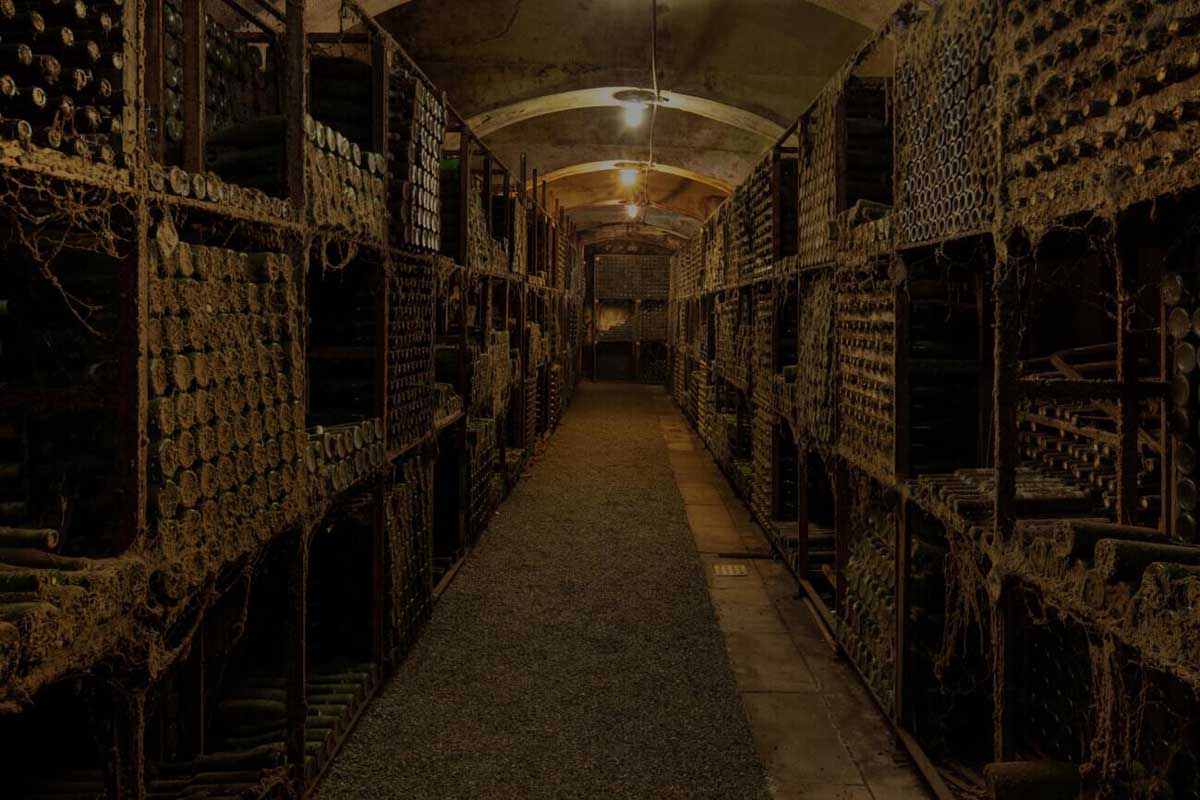
Tasting Notes: A Symphony of Flavours
When you uncork a bottle of Archive Wine, you open a portal to the past. Each sip encapsulates the essence of the year it was produced, offering an opportunity to taste history. The tasting notes of Archive Wines are a testament to the years of craftsmanship and dedication poured into their creation.
- Bold Varietals: Archive Wines encompass a wide array of grape varietals, each offering a unique and captivating experience. From the robust Cabernet Sauvignon to the delicate Pinot Noir, these wines cater to various preferences.
Do not think only the widespread and most famous varieties are suitable for making Archive Wines. Many globally lesser-known varieties are indeed being crafted into Archive Wines, showcasing the diversity and richness of the winemaking world.
One such grape variety that has been gaining attention in this context is Croatian Graševina. While it might not be as famous as Chardonnay or Sauvignon Blanc, Graševina holds its unique charm, and winemakers discovered its potential to shine as an Archive Wine a long time ago.
- Elegant Complexity: One of the hallmarks of Archive Wines is their intricate complexity. With years of ageing, the primary fruit flavours evolve into secondary and tertiary notes that range from earthy and spicy to leathery and nutty, creating an enchanting tapestry of tastes.
For example, an Archive Graševina achieves a harmonious whole, expressing earthy undertones reminiscent of minerals and wet stones, also with plenty of dried herbal nuances.
- Seductively Smooth: Red Archive Wines are known for their velvety texture that caresses the palate. The ageing process ensures that the once-bold tannins mellow out, resulting in a silky-smooth mouthfeel that lingers long after the wine is savoured.
As a rule, red wine loses its colour intensity when it ages, becoming paler and copper-like. Interestingly, white wine becomes more saturated in colour, more old gold and also copperish.
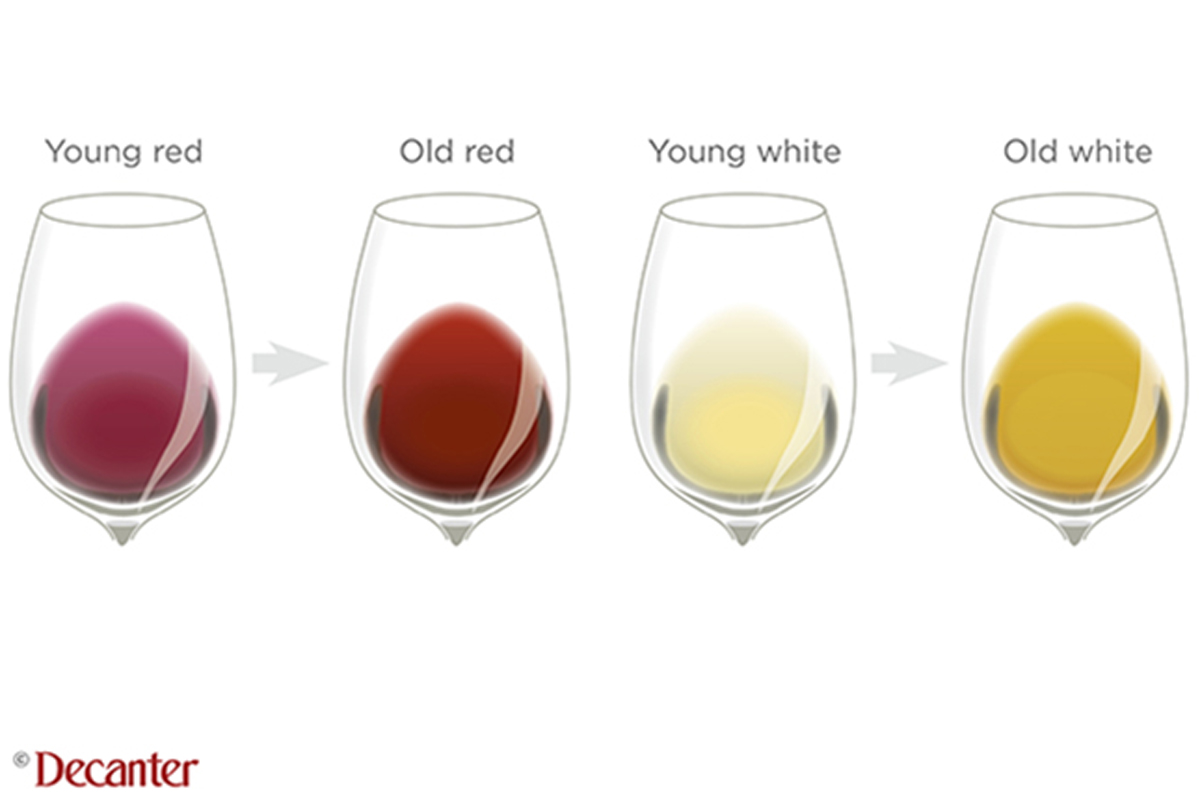
Pairing Perfection: Elevating Culinary Experiences
Archive Wines are more than just a beverage; they are an invitation to elevate your dining experience. The richness and complexity of these wines make them intriguing companions to a wide range of cuisines.
- Decadent Dinners: Whether a succulent steak or a hearty pasta dish, Archive Wines has the depth and structure to complement rich, savoury flavours. The wine’s acidity and tannins cut through the richness, cleansing the palate with every sip.
- Cheese Affair: The marriage of wine and cheese is a match made in culinary heaven. The intricate flavours of Archive Wines harmonise beautifully with an assortment of cheeses, creating a symphony of taste that delights the senses.
- Chocolicious: Despite our desires, only a few wines handle chocolate truly well. Archive Wines can be a revelation for those with a sweet tooth when paired with chocolate desserts. The wine’s nuanced sweetness and the dessert’s decadence create an enchanting contrast that will leave a lasting impression.
In all honesty, Archive Wines will be enjoyed independently and shared with interested parties or companions. Although they possess a structure able to carry and elevate many dishes, most connoisseurs will want to concentrate on wine’s development and complexity in a glass.
Tips for Your Archive Wine Journey
As you embark on your journey through the world of Archive Wines, consider these key points to enhance your experience:
- Cellaring Conditions: If you’re contemplating building your collection of Archive Wines, it’s crucial to create optimal cellaring conditions. Maintain a consistent temperature and humidity level to ensure the wines age gracefully.
Be psychologically prepared for an ancient bottle to be spoiled or not in perfect condition. The highest risk is oxidation if the cork hasn’t endured. Of course, a slight oxidative feel is to be expected.
- Prepare the bottle: Archive Wine of a significant age over at least 15 years requires less ordinary tools to release that genie. A two-pronged cork extractor, known as “Ah-So” or an even more elaborate Durand wine opener will do the trick. Just in case, it’s helpful to have stainless steel wine funnels with fine mesh filters. Avoid shaking and even careful decanting if you have enough patience for a wine to open slowly and gradually in a proper glass.
- Decanting Ritual: Archive Wines, especially those with significant ageing, can benefit from decanting. This process allows the wine to breathe, unlocking its full potential and revealing its intricate aromas and flavours.
However, be careful not to aerate wine too much. It’s a genie in the bottle, and it could vanish if exposed to too much air.
- Savour Every Sip: Archive Wines are not meant to be rushed. Take your time to appreciate the craftsmanship and history in every glass. Allow the wine to evolve as it aerates, and savour each sip as it unveils new dimensions.
Keep in mind, no two bottles of the same age are ever quite the same over so much time. Yours is unique.
In conclusion, Archive Wines is a testament to the artistry and dedication of winemakers who strive to create liquid masterpieces that transcend time. The journey from the vineyard to the bottle to your glass is a tale of patience, precision, and passion. We at Wine&more, invite you to indulge in the world of Archive Wines, where history and craftsmanship converge to create an unparalleled sensory experience.
Where Can I Get Archive Wines?
Archive wines can be found at the wineries that make them, specialised wine shops with conditions suitable for storing them properly, and at some online wine retailers or wine auctions.
There is also a secondary market of private collectors and enthusiasts who might be interested in separating themselves from the cherished bottles.
Each option carries advantages and disadvantages.
Specialised Wine Shops
Advantages are tailored recommendations and information about the wines, providing that wine shop staff possess in-depth knowledge. Also, there is a great chance a wine shop that has Archive Wines specialises in rare and hard-to-get wines. That ensures the proper storage conditions for delicate wines.
Disadvantages include geographical limitations because such places might be outside your area. Prices could also have significantly high margins because storing such wines and having knowledge of them combined with personally tailored experience costs.
Winery Visits
Visiting a winery and seeing the archive cellars with your own eyes is beautiful. Such visits most likely include tasting, tours, and learning about the winery, providing valuable context. Plus, you can buy directly from the source, ensuring the best price.
Of course, not all such wineries are easily accessible, and even if you “buy at the source”, you might have issues transporting your acquisition to your cellar.
Wine Auctions
The advantages of acquiring an Archive Wine at wine auctions are many, but most importantly, auctions offer access to highly sought-after and limited-edition wines.
Disadvantages could be off-putting for many because competitiveness at auctions drives up the prices, not including the handling fees additionally charged.
Auctions should also lower the risk of counterfeiting with really expensive bottles, but history has shown this particular trade could be both an advantage and a disadvantage.
Online Wine Retailers
Advantages are the obvious convenience of choosing and purchasing from your home, expertise, and personally tailored experience.
The disadvantage could be the shipping of the delicate wines. Factors like temperature during transit can affect the quality. There is also the responsibility of storage, although Archive Wines are not necessarily in stock at the online retailer at the time of purchase.
For example, Wine&more processes Archive Wine orders under a special procedure. Wines are stored in the winery cellar and shipped in specialised boxes to keep heat damage or breakage risk at a minimum.
Here, you can find several Archive Wines from the largest archive in Croatia – Kutjevo Winery archive is home to thousands of archive bottles.
This is thanks to a systematic editing and selection of the archive since 1947. Wines are housed in ideal conditions and carefully guarded by experts.
Some of the exceptional wines available include the
A final comment on Archive Wines
If you’re a true connoisseur of the finer things in life, if you appreciate the artistry of time itself encapsulated in a bottle, or if you simply looking for an ideal gift for your closest, then Archive Wines are your invitation to an unparalleled journey of taste, history, and class.
We are thrilled to be your guides on this remarkable journey that encapsulates the diversity and richness of the winemaking world.


